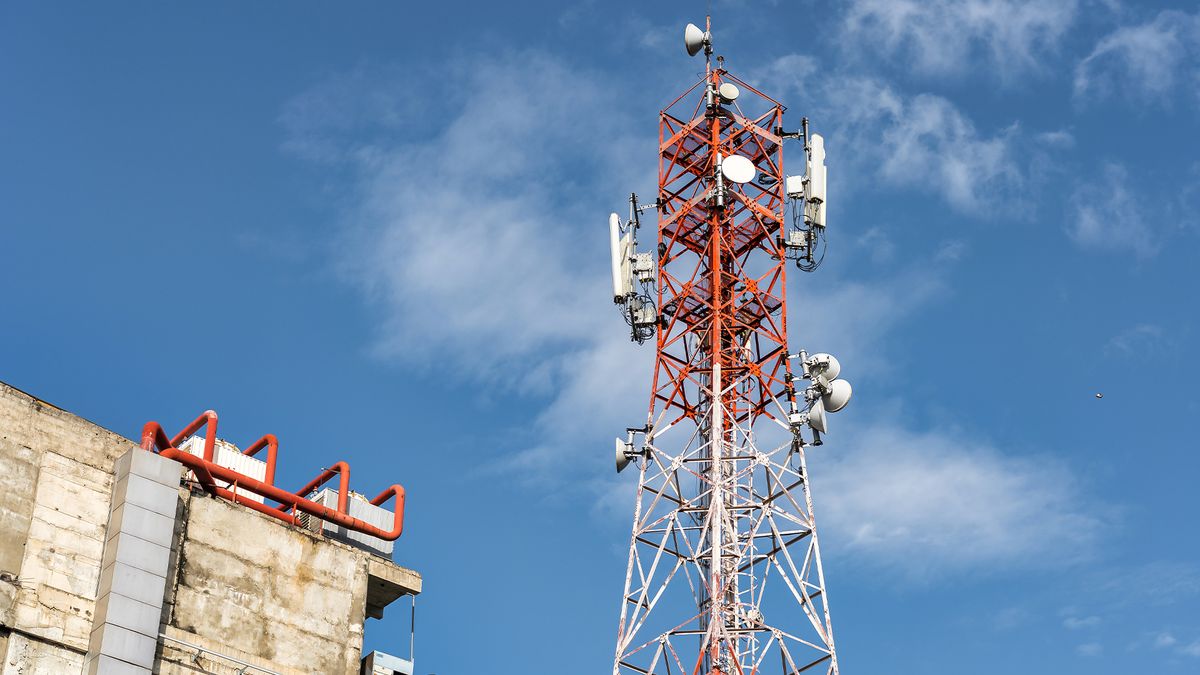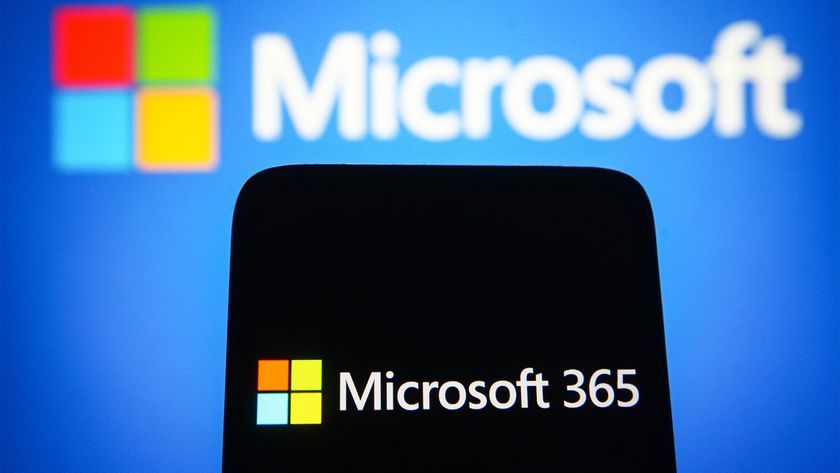The 3G switch-off could create a tsunami of e-waste
Businesses need to assess whether any of their current tech may be rendered obsolete by the change

The looming 3G switch-off is set to create a mountain of e-waste for businesses, according to new research from Business Waste.
Taking place on O2’s network, the switch-off could generate as much as 70,516 kilograms (kg) in e-waste, equivalent to over £13 million (£13,769,488).
The vast majority of this waste would be copper, which would constitute 68,800 kg of the overall figure. The majority of the wasted value, though, would be attributable to gold, with over £10 million lost in 146 kgs of the material.
Both businesses and consumers will be affected and, while the latter may be the primary victim, waste management expert Mark Hall said businesses will also see the effects.
“Several devices still rely on 3G connectivity whether that’s a door entry system or a payment terminal, meaning businesses could find themselves losing access to such technology,” Hall told ITPro.
“If any devices are incompatible for upgrade to 4G or 5G networks, this could mean an increase in e-waste as businesses look to dispose of such equipment,” he added.
To prepare, Hall said businesses should carry out an audit of all devices in the firm that rely on internet connection and discern whether or not they use 3G. If possible, networks should be upgraded to avoid disruption and prevent the creation of e-waste.
Get the ITPro. daily newsletter
Sign up today and you will receive a free copy of our Focus Report 2025 - the leading guidance on AI, cybersecurity and other IT challenges as per 700+ senior executives
Businesses that find themselves with e-waste should ensure they dispose of devices safely and in line with Waste Electrical and Electronic Equipment (WEEE) regulations, he noted.
"All e-waste is considered too dangerous to send to a landfill site as electronic waste contains toxic materials – such as lead, mercury, and cadmium. Such chemicals tend to leak into the soil when disposed of in landfill, harming ecosystems and potentially polluting water supplies,” Hall said.
“The best course of action is to arrange collection by a licensed waste carrier to avoid any electrical waste going to landfill,” he added.
Tech refresh cycles and rising e-waste
The topic of e-waste is one the tech industry has been grappling with for several years now, particularly with regard to hardware refresh cycles.
Research in late 2023, for example, warned that the Windows 10 end-of-life approach could produce huge volumes of e-waste globally.

The study, conducted by Canalys, noted that up to 240 million PCs could be scrapped worldwide due to the refresh cycle, with many devices failing to meet minimum system requirements for Microsoft’s newer Windows 11 operating system.
In this instance, Canalys said its study raised serious questions about device refreshes and the responsibility of vendors to extend life cycles.

George Fitzmaurice is a staff writer at ITPro, ChannelPro, and CloudPro, with a particular interest in AI regulation, data legislation, and market development. After graduating from the University of Oxford with a degree in English Language and Literature, he undertook an internship at the New Statesman before starting at ITPro. Outside of the office, George is both an aspiring musician and an avid reader.













